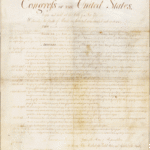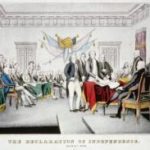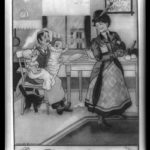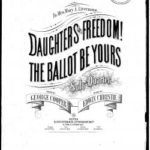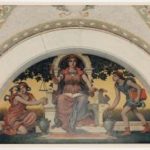In this lesson, students will examine a copy of twelve possible amendments to the United States Constitution as originally sent to the states for their ratification in September of 1789. Students will debate and vote on which of these amendments they would ratify and compare their resulting “Bill of Rights” to the ten amendments ratified by ten states that have since been known by this name.
The Constitution: Counter Revolution or National Salvation
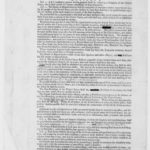
It is Fall 1787. The Federal Convention has recently concluded its closed door meetings in Philadelphia and presented the nation with a new model for the government. It is now up to each special state convention to decide whether to replace the Articles of Confederation with this new constitution. The debate is passionate and speaks directly to what the founding fathers had in mind in conceiving this new nation. Does this new government represent salvation or downfall?
The Constitution: Drafting a More Perfect Union
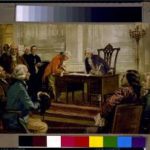
Students will analyze an unidentified historical document and draw conclusions about what this document was for, who created it, and why. After the document is identified as George Washington’s annotated copy of the Committee of Style’s draft constitution, students will compare its text to that of an earlier draft by the Committee of Detail to understand its evolution.
The Declaration of Independence: Created Equal?
The Declaration of Independence: From Rough Draft to Proclamation
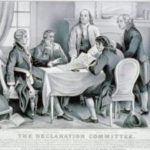
Students will analyze an unidentified historical document and draw conclusions about what this document was for, who created it, and why. After the document is identified as Thomas Jefferson’s “original Rough draught” of the Declaration of Independence, students will compare its text to that of the final document adopted by Congress on July 4, 1776 and discuss the significance of differences in wording.
The U.S. Constitution: Continuity and Change in the Governing of the United States
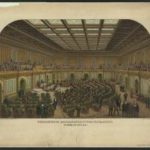
This unit examines continuity and change in the governing of the United States. Lessons one and two are focused on a study of the Constitution and Bill of Rights and provide access to primary source documents from the Library of Congress. Lesson three investigates important issues which confronted the first Congress and has students examine current congressional debate over similar issues. Lesson four features broadsides from the Continental Congress.
Suffragists and Their Tactics
Suffrage Strategies: Voices for Votes
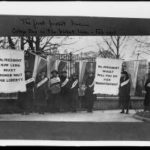
Students examine a variety of primary source documents related to the women’s suffrage movement. They identify different methods people used to influence and change attitudes and beliefs about suffrage for women. Students then create original documents encouraging citizens to vote in current elections.
